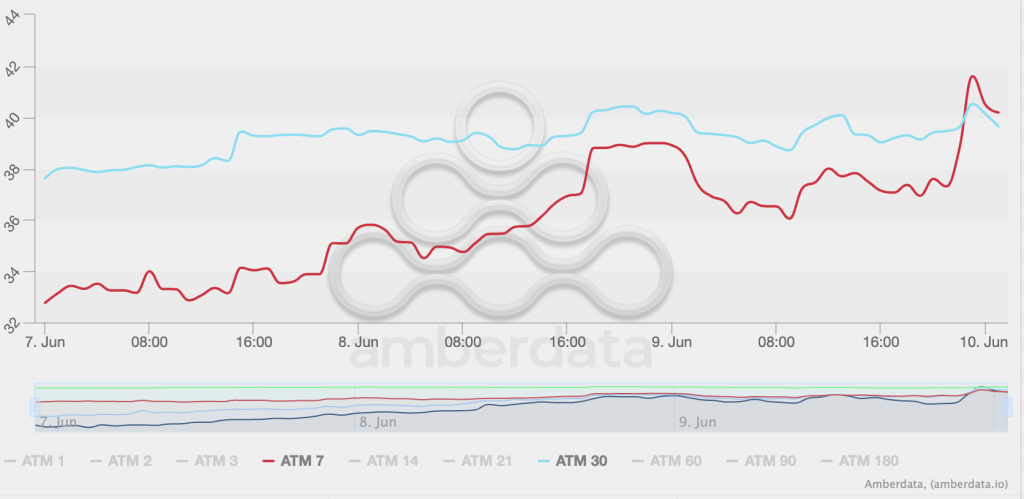Global tax professionals are concerned about the impact of the Organization for Economic Cooperation and Development’s latest base erosion and profit shifting plan, as well as artificial intelligence technology, according to a recent survey.
The survey, released last month by Ernst & Young, polled 1,600 CFOs, heads of tax and finance professionals across 32 jurisdictions, and found BEPS 2.0 readiness is a major concern, with 90% of the respondents expecting to experience a “significant” or “moderate” impact from the regulation, which aims to curb tax avoidance by multinational companies. Nevertheless only 30% have so far completed a BEPS 2.0 impact assessment. The impact on U.S. companies remains unclear as many in Congress object to the OECD rules and are resisting the deal on a global tax framework negotiated by the Treasury Department.
“It is interesting that 90% of them expect a moderate to significant impact on tax planning strategies and business operations,” said Dave Helmer, EY global tax and finance operate leader. “A lot still needs to happen legislatively, but when you score moderate or significant, that stands out.”
The survey also asked tax professionals about the impact of generative AI technology like ChatGPT, and found that 85% do not believe ChatGPT, or similar tools, will be a game-changer for their tax function within the next three years.
Hall + Merrick Photographers
“I’ve seen a lot of use cases on how powerful it could be,” said Helmer. “That tells me we really need some awareness education in getting those use cases out to the market because it’s pretty powerful on what it can do.”
Transformation challenges remain at companies, with 96% of the business leaders surveyed saying their organizations are transforming their tax and finance functions in reaction to increasing pressures, but nearly half (48%) lack a sustainable plan for data and technology.
The overwhelming majority of the respondents (95%) said their businesses are now more likely than not to co-source tax and finance activities, a 22-percentage point increase since 2020. Of the respondents that co-source, 25% or less of their workload are more likely to report they’re struggling with these issues than those that co-source higher concentrations.
“We’ve seen a real dramatic uptick in companies looking to co-source data-driven and rules-based activities in the last two years,” said Helmer.
The survey also found that talent headaches abound, with 81% of leaders saying they struggle with motivating teams, retaining talent and avoiding burnout, 51% of leaders say they have moderate to significant struggles with motivating talent and avoiding burnout within the teams. Meanwhile, 63% of the respondents indicated their employees will need to augment their tax technical skills with new data, processes and technology abilities in the next three years, and 29% said they don’t have enough highly skilled professionals capable of monitoring, evaluating and implementing tax legislative and regulatory change around the world.
“It’s all the pressures around talent and legislative and regulatory changes, as well as voluntary disclosures,” said Helmer. “All of those require data and technology. The number one reason companies said they failed in achieving their vision was not having a sustainable plan around data and technology.”
He noted that 79% of the respondents said they have made moderate to significant changes to the supply chain, while 88% said over the next two years, they’re going to make moderate to significant changes.
While 61% of the survey respondents said they rely on service providers to consolidate tax data on their behalf, only 34% reported having their own data lake or warehouse. In addition, 72% said they have some gaps between their enterprise reporting planning and source systems to capture relevant tax information, and just one in five said their tax and finance functions’ data management capabilities are most mature.
“That’s where you see how important data is,” said Helmer, “and a complicated area for these companies to get their heads around.”
Credit: Source link











